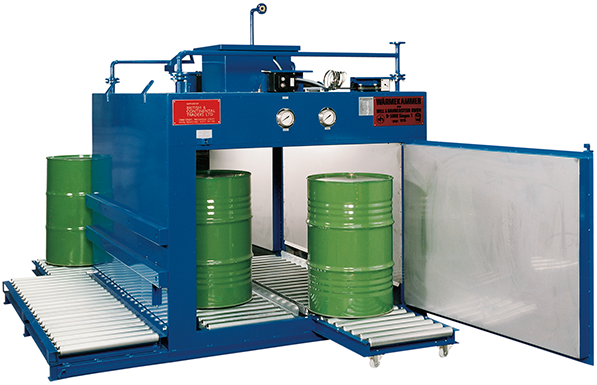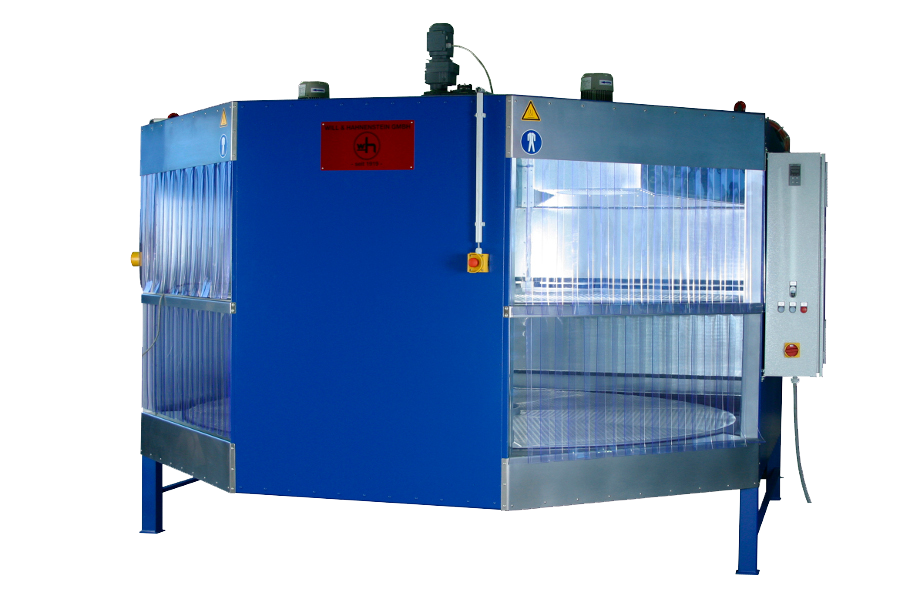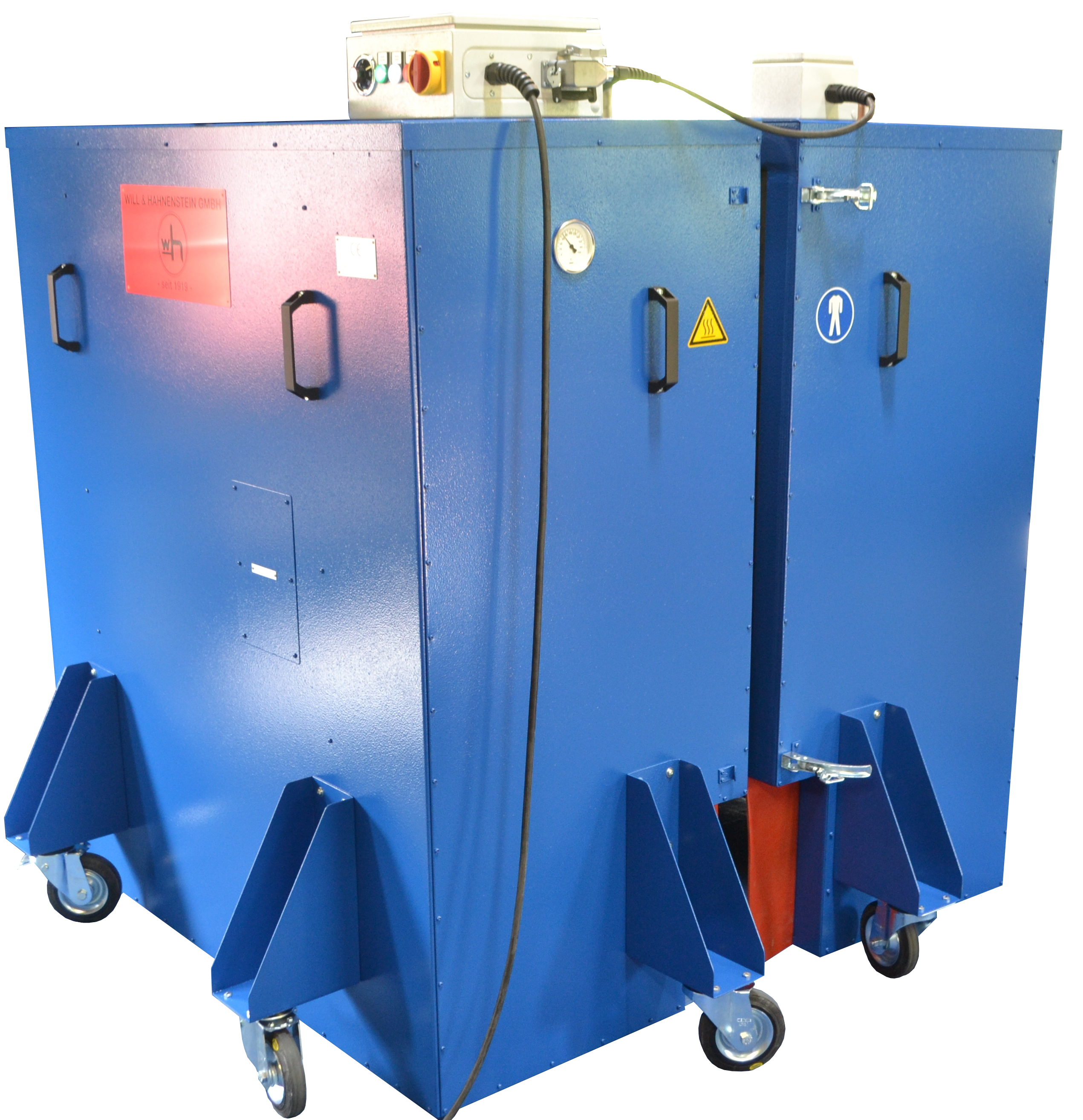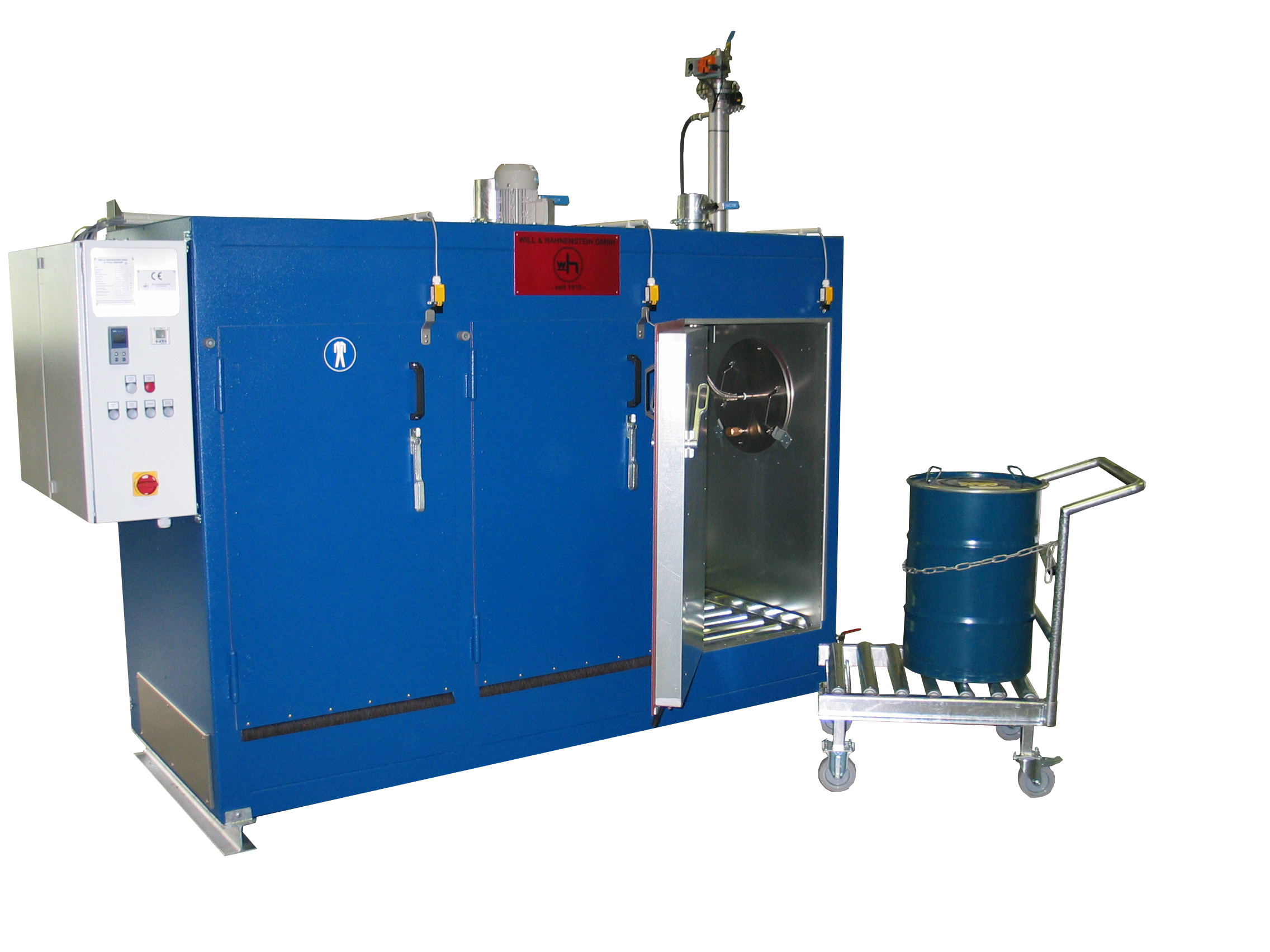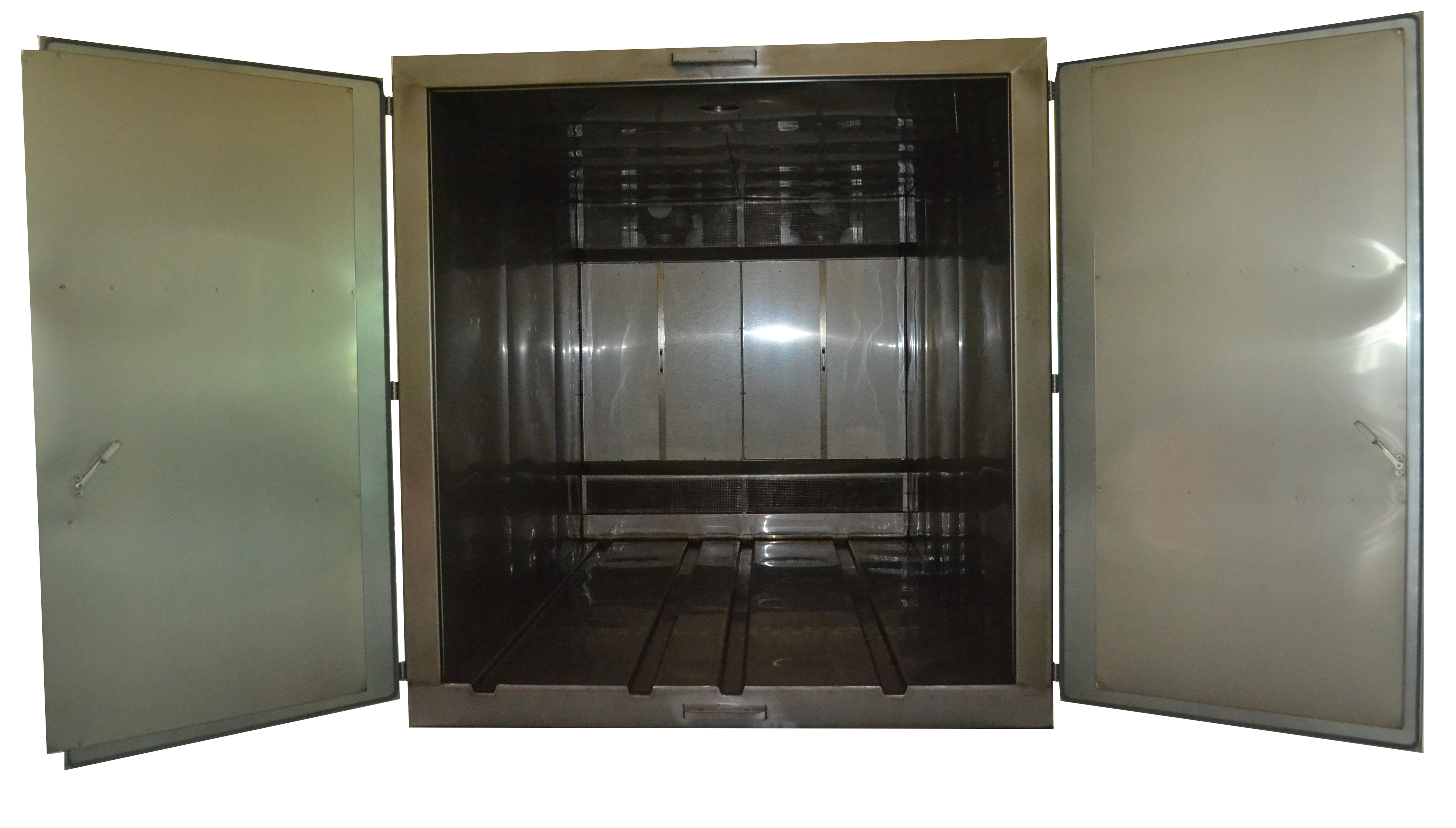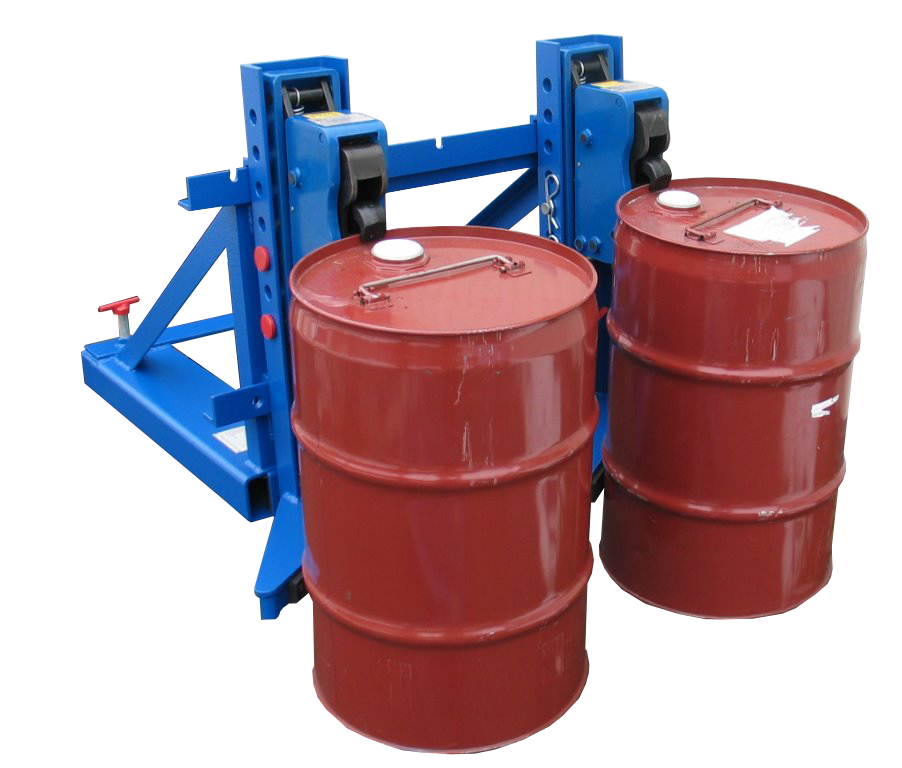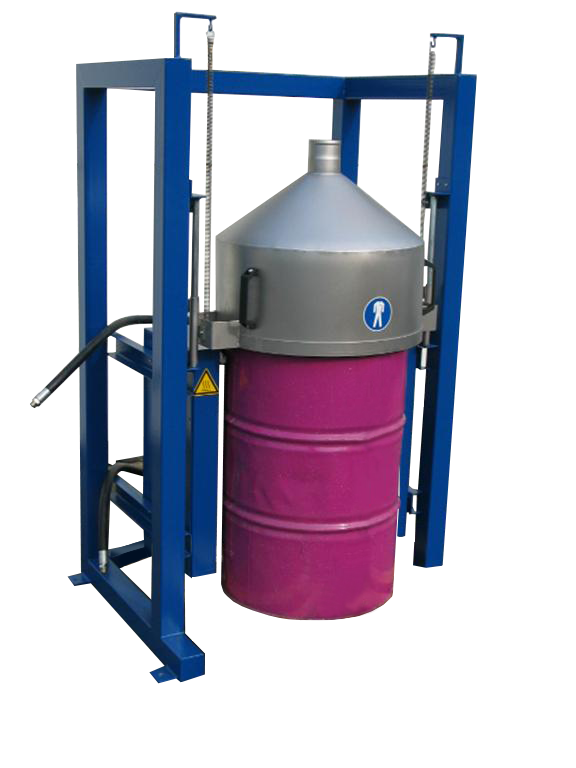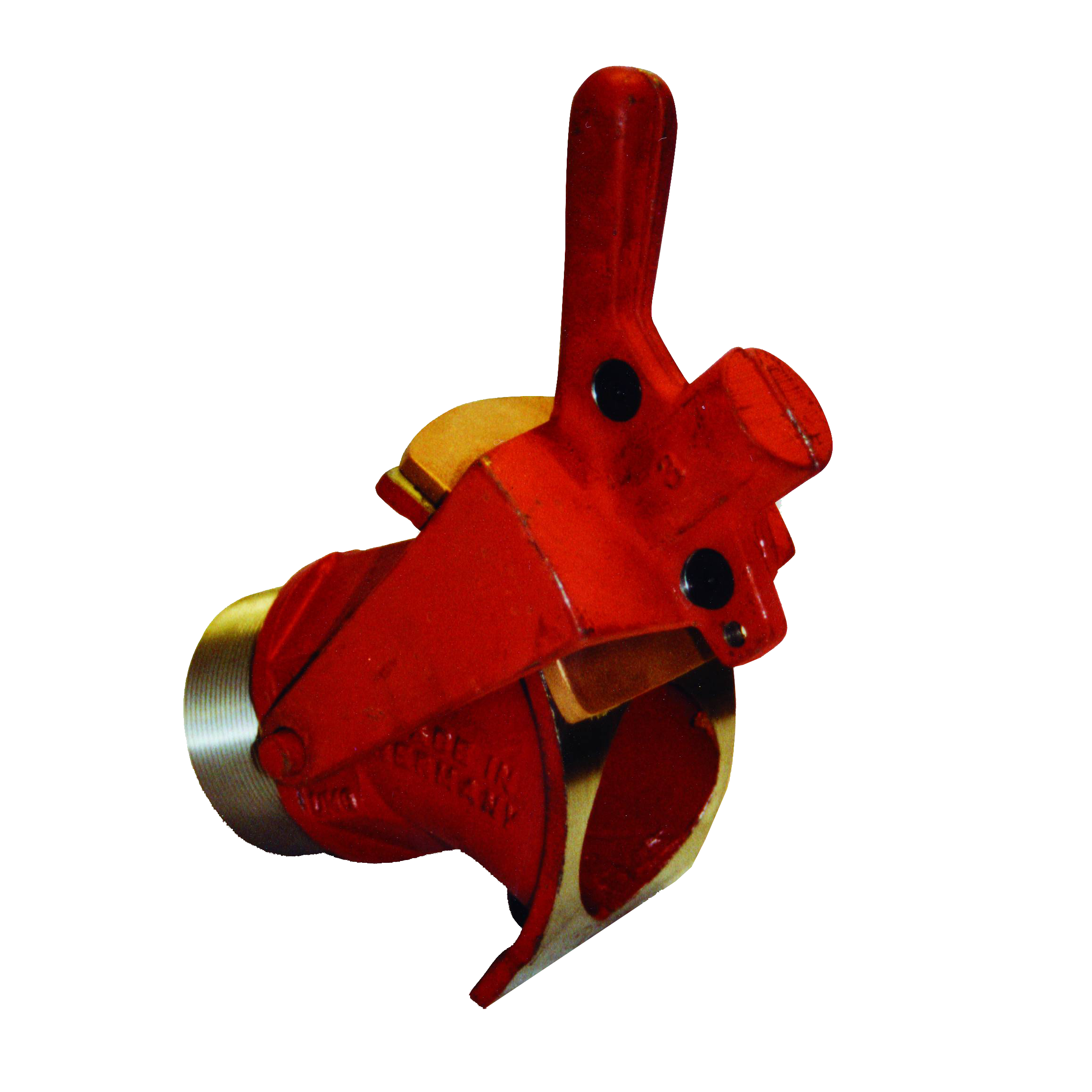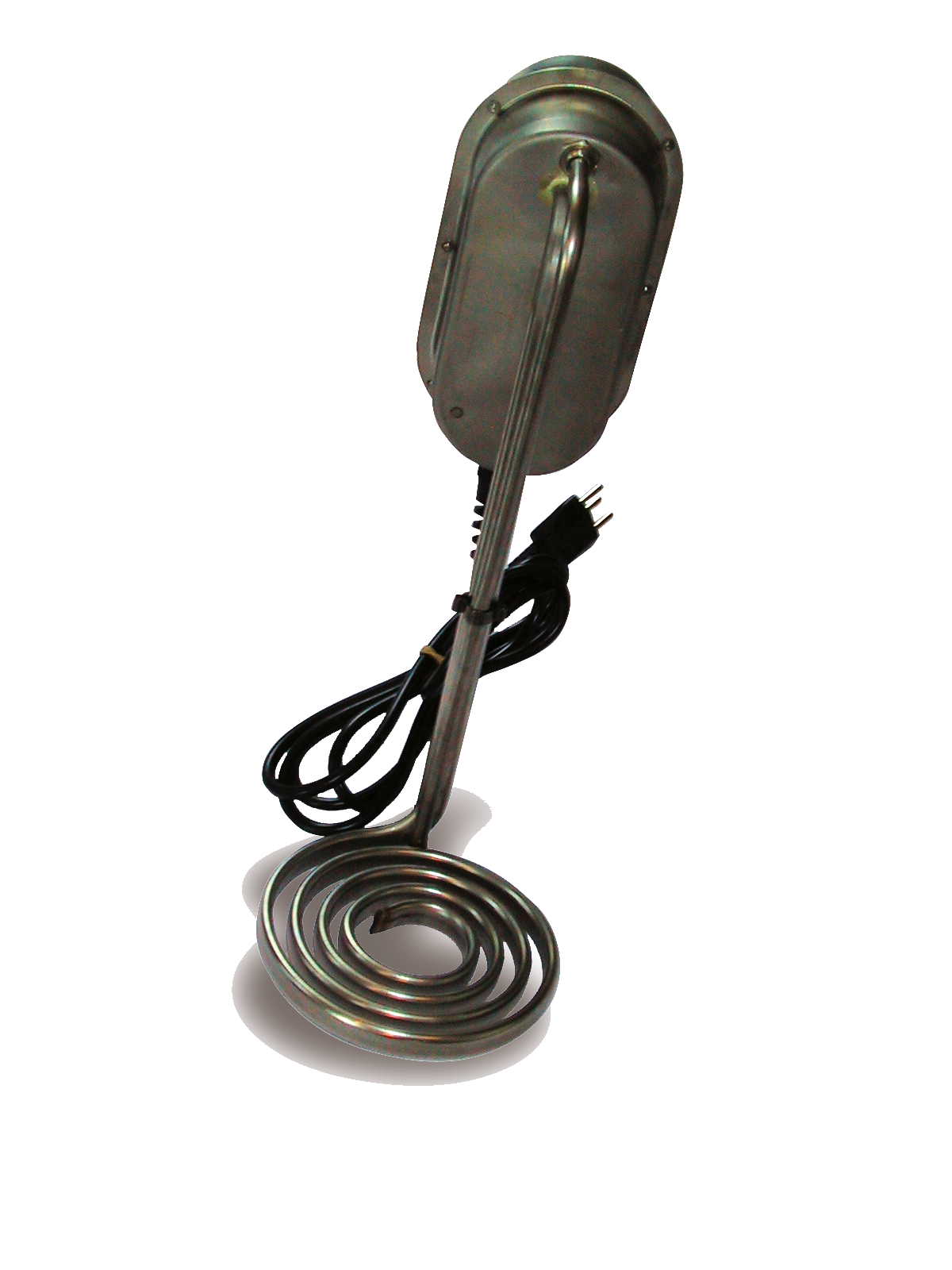First-in / first-out
Equipped with roller conveyors for convenient single drum loading. Our warming ovens are equipped to customer specification and can be used in all industrial sectors ...
I. General points
Our terms of sales and delivery are applicable exclusively for all – including future - business with companies, legal entities under public law or a special fund under public law. Contrary terms stipulated by the purchaser or terms deviating from our own – particularly special rules by the purchaser – shall not be recognised, even if we do not expressly revoke them after receipt.
II. Offers
- Our proposals are invariably non-committal. Orders are only binding for us if we confirm them in writing. Verbal agreements, commitments and ancillary agreements are only binding for us if we confirm them in writing.
- Order confirmations which are not objected to within 8 days are considered approved and recognised in all parts. The period is observed when the objection letter is sent.
- The documents which form part of the offer, such as brochures, illustrations, drawings, weight and dimensional specifications are only industry-typical approximation values and thus not binding for us.
- Explanations of the properties of an object do not represent any guarantee. A reference to DIN standards and other material specifications always contains the more detailed goods description and is not a basis for guaranteeing properties or durability of the goods.
III. Drawings and descriptions
If one of the contractual partners provides the other with drawings or technical documents for the goods to be delivered or for their production, these remain the property of the contractual partner.
IV. Delivery
- Unless agreed otherwise, we deliver ex factory or warehouse (EXW Incoterms 2000).
- The delivery period begins when the order confirmation is sent, but not before any necessary documents, approvals, releases have been provided by the purchaser, or before any agreed down payment or provision of letters of credit and warranties have been received.
- The delivery period has been kept when the readiness for dispatch has been notified or the goods have left our plant before the period expires.
- As long as the purchaser is in arrears, our obligation to deliver is suspended.
- The delivery period is extended following incidents of force majeure, measures taken during industrial action such as strikes and lock-outs, as well as if unexpected hindrances occur which are outside our powers e.g. disruptions in operations, delays in the delivery of important materials, providing such hindrances have a proven significant influence on the delivery of the goods. This also applies if these circumstances occur at our suppliers. The delivery period is extended according to the duration of such measures and hindrances. We are not responsible for the above-described circumstances even if they occur during an existing delay. The purchaser must be informed of the start and end of such hindrances as soon as possible in important cases.
- Partial deliveries are permissible within the delivery periods we specify providing these do not result in disadvantages for use.
- If the delivery period is culpably exceeded, default in delivery is only given after a new deadline of three weeks has been set.
- We specify the dispatch route and means, as well as the forwarding agent and freight carrier.
- Risk is transferred to the purchaser when the goods are handed over to the railway company, forwarding agent or freight carrier or at the start of storage, but at the latest when the goods leave the delivery plant or warehouse. This also applies for transportation by the vendor and his vicarious agents as well as for agreed franco and free domicile delivery. We only arrange for insurance at the express instruction and costs of the purchaser.
V. Dispatch and transfer of risk
- Place of fulfilment and performance for our deliveries is the delivery plant for deliveries ex factory, or our warehouse for all other deliveries (EXW Incoterms 2000). Unless agreed otherwise, we dispatch the goods at the purchaser's costs and risk.
- The purchaser may only resell conditional goods in an orderly business transaction providing the claims from reselling the goods acc. to no. 4 to 6 are assigned to us. He is not authorised to dispose of the conditional goods in any other way, in particular through pledging or transfer by way of security. The authorisation for reselling is not applicable if the purchaser has agreed a prohibition of assignment with his customers.
- The claims from reselling the conditional goods are herewith assigned to us, together with all securities the purchaser procures for the claim. They serve as a security to the same extent as the conditioning goods. If the conditional goods are sold by the purchaser together with other goods not sold by ourselves, the claims from reselling will be assigned to us in the ratio of the invoice value of the conditioning goods to the invoice value to the other goods sold. In the case of goods which are partly our property in accordance with no. 2, part of the proceeds will be assigned to us in accordance with our property share.
- The purchaser is authorised to collect claims from the resale. This collection authorisation is no longer valid in the event of our withdrawal, delays in payments, dishonouring of a cheque or draft or if insolvency proceedings are opened. We will only exercise our right of withdrawal if the purchaser does not honour his payment obligations. If this is the case, however, we can demand that the purchaser makes known any assigned claims and their recipients, specifies all details necessary for collection, hands over the respective documents and notifies the recipients (third parties) immediately of the assignment.
- Assignment of resale receivables is not allowed unless it is a matter of assignment by means of true factoring indicated to us, where factoring proceeds exceed the value of our secured receivable. When factoring proceeds are credited, our receivable immediately becomes due.
- Also receivables stemming from services and works (§§ 611, 631 BGB), which involve retention of title elapsing as a result of §§ 946 – 950 BGB or which are connected with the purchased item (especially repair cost receivables) are assigned by the purchaser to the value of items delivered even now.
- If purchaser behaves contrary to the contract, especially by delaying payment, or if a cheque or bill of exchange is unpaid, we are entitled to reclaim the conditional goods. We also have the right to withdraw from the contract without notice. Without specific written declaration reclaiming the goods does not constitute withdrawal from the contract.
- In advance of complete payment of our receivables purchaser may not pledge the goods or assign them as security. In cases of seizure and confiscation or other actions of third parties purchaser should inform us immediately by registered letter and make available to us all information and documentation necessary for protection of our rights. Enforcement officers and third parties are to be informed of our property rights.
- If security value exceeds our receivables by more than 20 %, upon request of purchaser we undertake to release security at our discretion.
VI. Prices and payment conditions
- Our prices are given in Euro exclusive of VAT, freight, packing, postage and insurance.
- Purchase price and charges for ancillary services are due for payment without deduction within 30 days after delivery, provided no alternative agreement is made in writing.
- Any discount agreed always refers only to invoice value exclusive of freight, and it presupposes full payment of all purchaser liabilities due at the time of discount.
- Cheques are only accepted on condition of their being bankable; bills of exchange are not accepted.
- In cases of payment delay and justified doubts about the payment ability or creditworthiness of the purchaser without prejudice to our other rights we are entitled to demand security or down payment for outstanding deliveries and to insist on immediate payment of all claims stemming from our business relationship.
- Only undisputed or legally substantiated receivables entitle the purchaser to offset.
- If complaints are made about defects, payments may only be withheld to an extent proportional to the defects identified. Purchaser may only withhold payments if his complaint is upheld and no doubt exists about its validity.
- If it is not disputed that we have delivered partially defective goods, purchaser is still obliged to make payment for the non-defective part, unless partial delivery is of no interest to him.
VII. Price changes
Price changes are permitted if more than six weeks lie between contract conclusion and delivery date arranged. If from that time until delivery of goods salaries, material costs, market cost prices or VAT rate increase, we are entitled to increase the price in reasonable proportion to the increase in costs.
VIII. Retention of title
- We retain title to all goods delivered (conditional goods) until payment of all receivables, in particular any amount outstanding and due to us as part of the business relationship. This also applies to contingent receivables and those arising in the future, and also if the purchase price is paid for delivered goods specified by customer, since our retention of title stands as security for outstanding balances.
- For us as manufacturer, processing and workmanship on the conditional goods are performed without obligation. Any processed goods are deemed to be conditional goods in the sense of no (number is missing here). In the case of processing, combination or mixing of the conditional goods with other goods by purchaser we possess pro-rata joint ownership in the new item in proportion to the invoice value of the conditional goods compared with invoice value of other goods used. If our ownership ceases through combination or mixing, purchaser even now assigns to us his ownership rights in the new item to the extent of invoice value of the conditional goods and preserves them free of charge for us. Our joint ownership rights are deemed to be conditional goods in the sense of no. 1.
IX. Liability for defects
- If our delivery is guided by drawings, specifications, patterns etc. of the purchaser, the latter bears the risk of suitability for the intended purpose.
- As far as is reasonable within the bounds of trial processing the purchaser should immediately check goods delivered for defects in quality, quantity and operational purpose. Visible defects can only be addressed if claims are raised within eight days after receipt of goods in writing with receipts enclosed, and concealed defects should be raised upon discovery, otherwise goods are deemed accepted. Time limitation is satisfied by prompt despatch.
- If purchaser does not immediately afford us opportunity to identify the defect subject to complaint and if in particular on request he does not immediately make the goods or samples thereof available, our liability for defects is voided.
- Our liability for defects is limited to our rectification option (repair or replacement) for withdrawal or reduction (price decrease). Provided we discharge our obligations by addressing the defects, the purchaser is not entitled to demand a price decrease or to withdraw from the contract, unless there is any failure of our remedial measures. Remedial measures are deemed to have failed after an unsuccessful third attempt. Any goods subject to complaint should only be returned with our express agreement.
- There is no liability for insignificant defects or for defects in used articles.
- Liability for defects in new goods other than construction material expires in one year following delivery of goods, provided we are not liable in respect of premeditation, gross negligence or injury to life, body or health.
- In all cases natural wear and tear is excluded from defect liability.
- If there is a call for movement of the goods to another place after delivery, refund of associated costs (in particular costs of transportation, travel, work and material) is out of the question.
- We are entitled to refuse replacement where purchaser has been using the defective item for a long time. If purchaser nevertheless has the right to demand replacement, we are entitled to require value reinstatement for use made by the customer and to refuse remedial measures pending settlement of the amount concerned.
- Expiry of any claim directed at us is not hindered by negotiations between the claimant and us or our representatives. In any case negotiations on claims directed at us are deemed unsuccessful, unless the opposite is clearly mentioned by us or our representatives.
X. Withdrawal
If the seller, his legal representative or agent has not contravened any provisions, the purchaser has no right to withdraw.
XI. Claims for compensation for damages
- Purchaser claims for compensation for damages are out of the question with the exception of customer claims based on product liability legislation, namely damages arising from injury to life, body or health and arising from contravention of a significant contractual obligation, if the seller is not guilty of contravention of a contractual obligation, and for other damage stemming from seller’s contravention in terms of premeditation or gross negligence. Contravention by a legal representative or agent is equivalent to contravention by seller.
- We are not liable for slight negligence in insignificant contractual obligations; if contravention of a significant contractual obligation is attributable to slight negligence, liability is limited to foreseeable normal damages.
- Any claims against us expire within one year following legal beginning of limitation period. This does not apply where we are liable in respect of premeditation, gross negligence or injury to life, body or health.
XII. Jurisdiction
- All disputes arising from this contract relationship should be heard by the court responsible at our place of domicile. We reserve the right to pursue any case at purchaser’s head office.
- An additional condition is that this contract is governed exclusively by standard German law. The provisions of the treaty dated 11th April 1980 on Contracts for International Sale of Goods (CISG) are not applicable, even if purchaser is domiciled overseas.

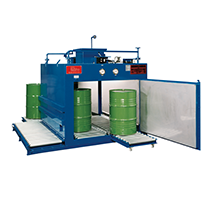 Drum Heating cabinet and container warming oven
Drum Heating cabinet and container warming oven
 Dryer and tempering oven
Dryer and tempering oven
 Heated agitator vessel and melting equipment
Heated agitator vessel and melting equipment
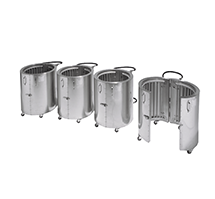 Drum Heater
Drum Heater
 Pharmaceutical dryer and laboratory oven
Pharmaceutical dryer and laboratory oven
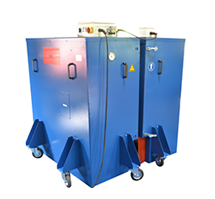 Heating jacket for IBC containers and vessels
Heating jacket for IBC containers and vessels
 Drying system in nuclear technology
Drying system in nuclear technology
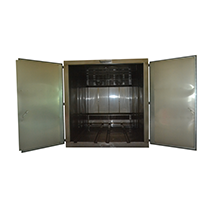 Hochtemperaturanwendung & Sonderheizung
Hochtemperaturanwendung & Sonderheizung
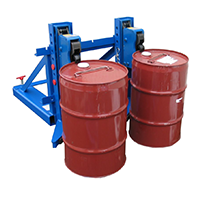 Lifting and tilting equipment
Lifting and tilting equipment
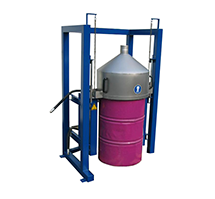 Air purification and transfer station
Air purification and transfer station
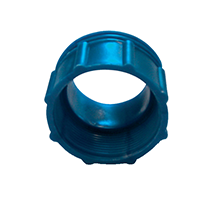 Drum fitting and Accessories
Drum fitting and Accessories
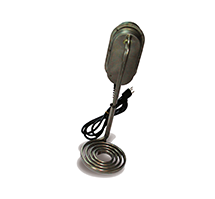 Immersion heater
Immersion heater
